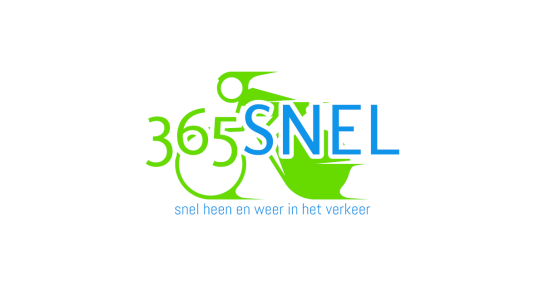
The Flemish mobility project 365Snel has presented its recommendations on the use of speedpedelecs on February 5th at a symposium. Since October 2018, commuters have been able to test speedpedelecs on their daily route to work, and both Belgian and European recommendations have now been formulated.
The 365Snel test fleet consisted of ten speedpedelecs, which were tested for three weeks by Flemish commuters who traveled a distance between 15 and 35 kilometers to work. The information was collected via focus groups, surveys and GPS logging. The project was carried out by MOBI, AVERE Belgium, the KU Leuven and O20 and financed by the Flemish Department of Environment.
'Zero-emission vehicle'
The research shows that there is potential in Flanders, but that the conditions for this, especially the infrastructure, are not yet ideal. At the European level, it is argued that the speedpedelec is no longer automatically categorized as mopeds in technical regulations and that a new concept of 'zero-emission vehicle' is introduced.
The speedpedelec would be seen as a 'zero-emission light vehicle'. According to our research, this new technical categorization wille force member states to think about adapted conditions of use: the place on the road, a helmet, the driving license, etc. At the Belgian level, it is suggested that the concept of 'cycling' is no longer accurate for the speedpedelec and other light vehicles in current policy.
13.416 speedpedelecs sold
The concept of 'light, zero-emission vehicles' would be more appropriate. In addition, specific traffic rules and signs are required for speedpedelecs.
In 2019, 470.000 bicyles were sold in Belgium, of which 238.102 were electric. Within the group of electric bicycles, only 13.416 speedpedelecs were sold. Nevertheless, Flanders is currently the largest market for speedpedelecs in Europe.
